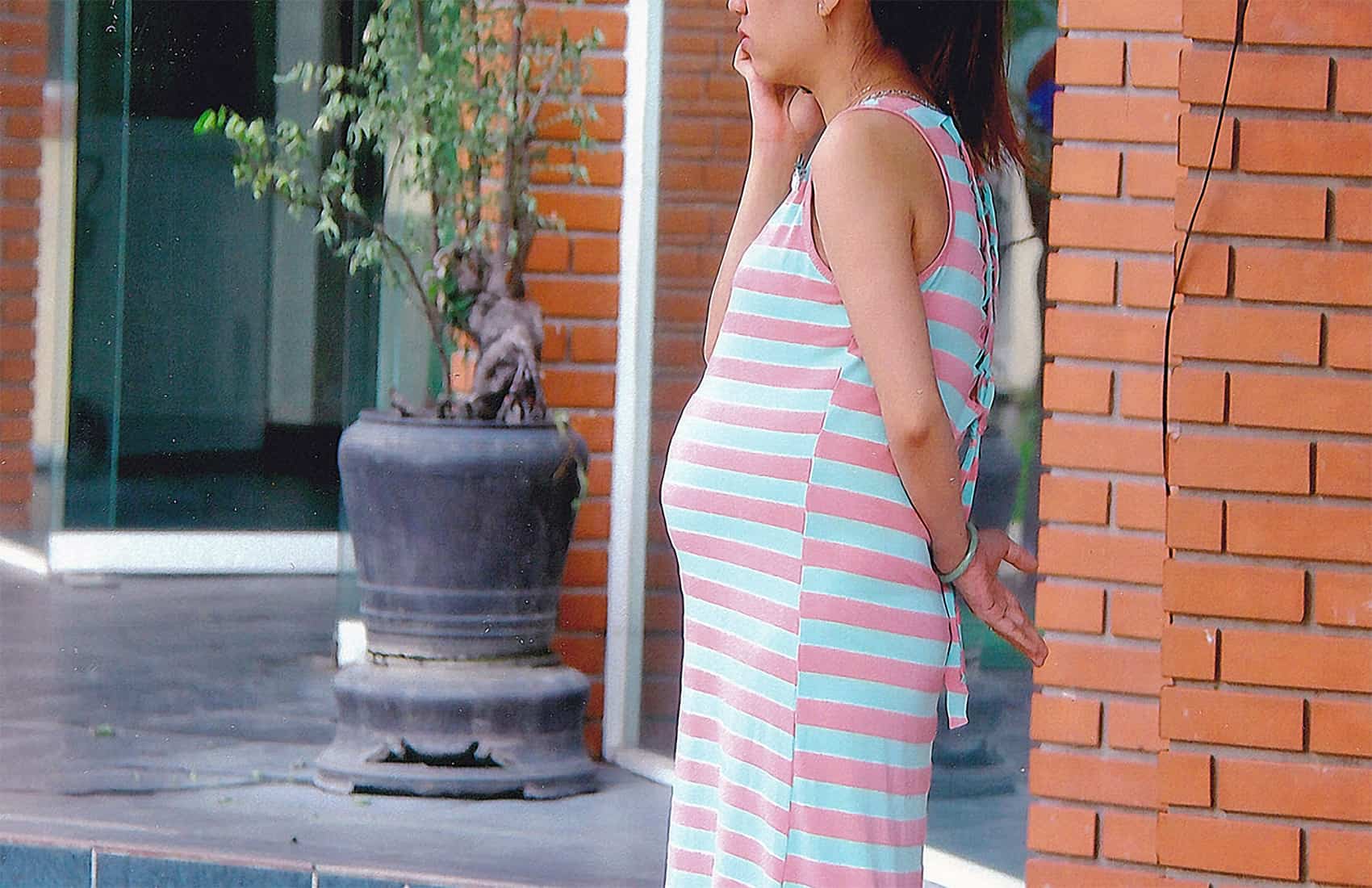The Health Ministry said this week that it has approved a protocol which medical professionals will follow when performing therapeutic abortions in Costa Rica.
By approving the norms, the Health Ministry allows the Social Security System (CCSS, or Caja) to put the guidelines into practice across Costa Rica’s public-health system.
The protocol codifies the necessary steps for medical professionals when a pregnant patient requests the therapeutic interruption of her pregnancy based on a risk to her health or life.
This therapeutic abortion protocol is not a new law, nor does it reform any current laws.
Since 1971, Costa Rica’s Criminal Code has recognized the right to an abortion when it poses a danger to the pregnant woman. It requires that the woman give consent and that the procedure be carried out by a health professional.
Despite what the existing law stipulates, though, many doctors have feared performing a therapeutic abortion because of the absence of a protocol that establishes the procedures to follow and the precise conditions in which the law can be applied. These new guidelines are meant to resolve that uncertainty.
If a pregnant woman requests a therapeutic abortion, at least three medical professionals will “study the particular case and determine if therapeutic termination of pregnancy is the only possible medical alternative to protect the life or health of the woman.”
The group of professionals will be comprised of two gyneco-obstetric specialists plus a specialist in the disease or condition affecting the woman. That group has three days to approve or deny a termination of pregnancy.
Therapeutic abortions are voluntary; even if a woman’s life or health is at risk, she will not be obligated to undergo the procedure.
President Alvarado signed the protocol in December 2019, saying at the time that it reflected his “commitment to women’s lives and health.”
Click here to read the full text of the technical norm.






